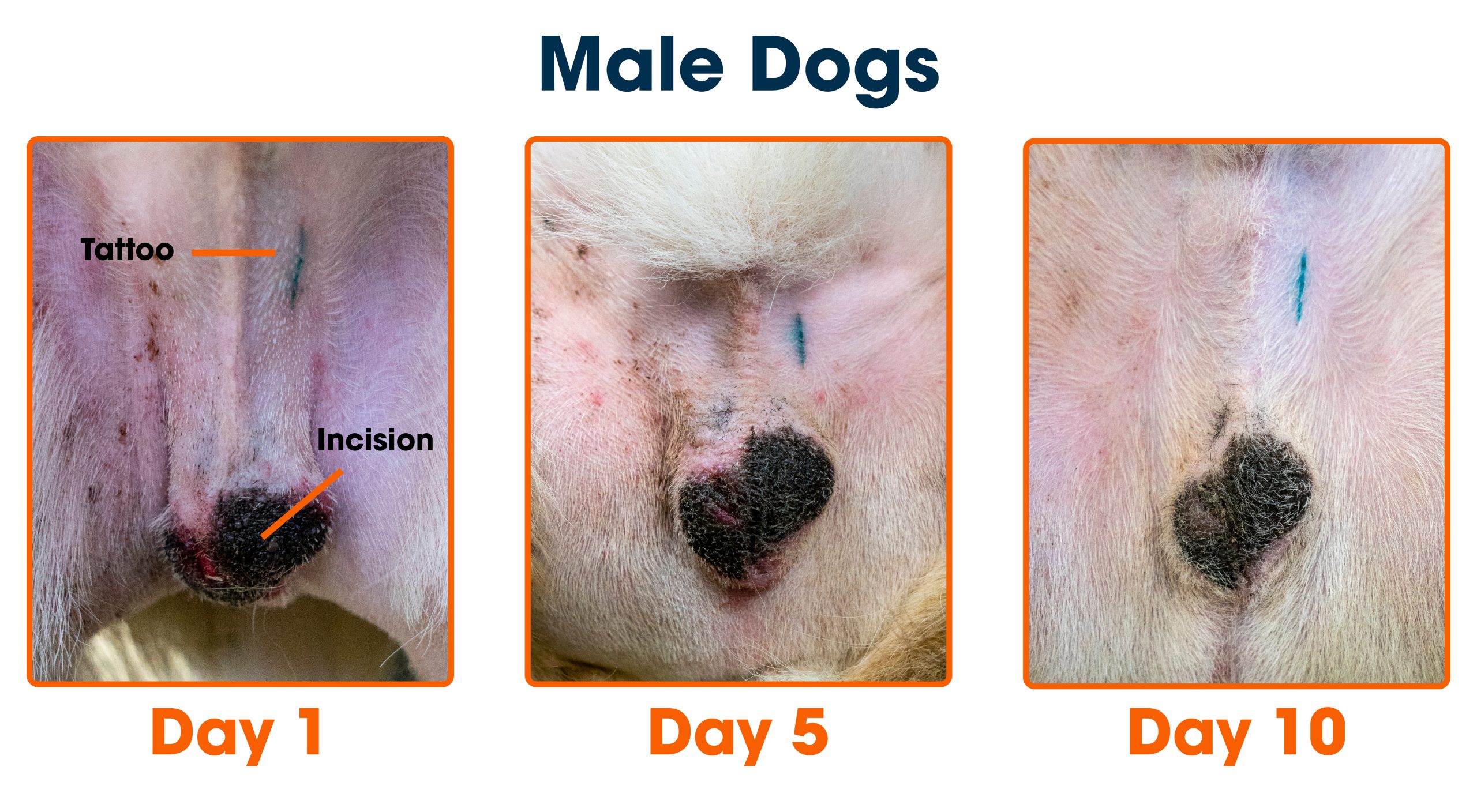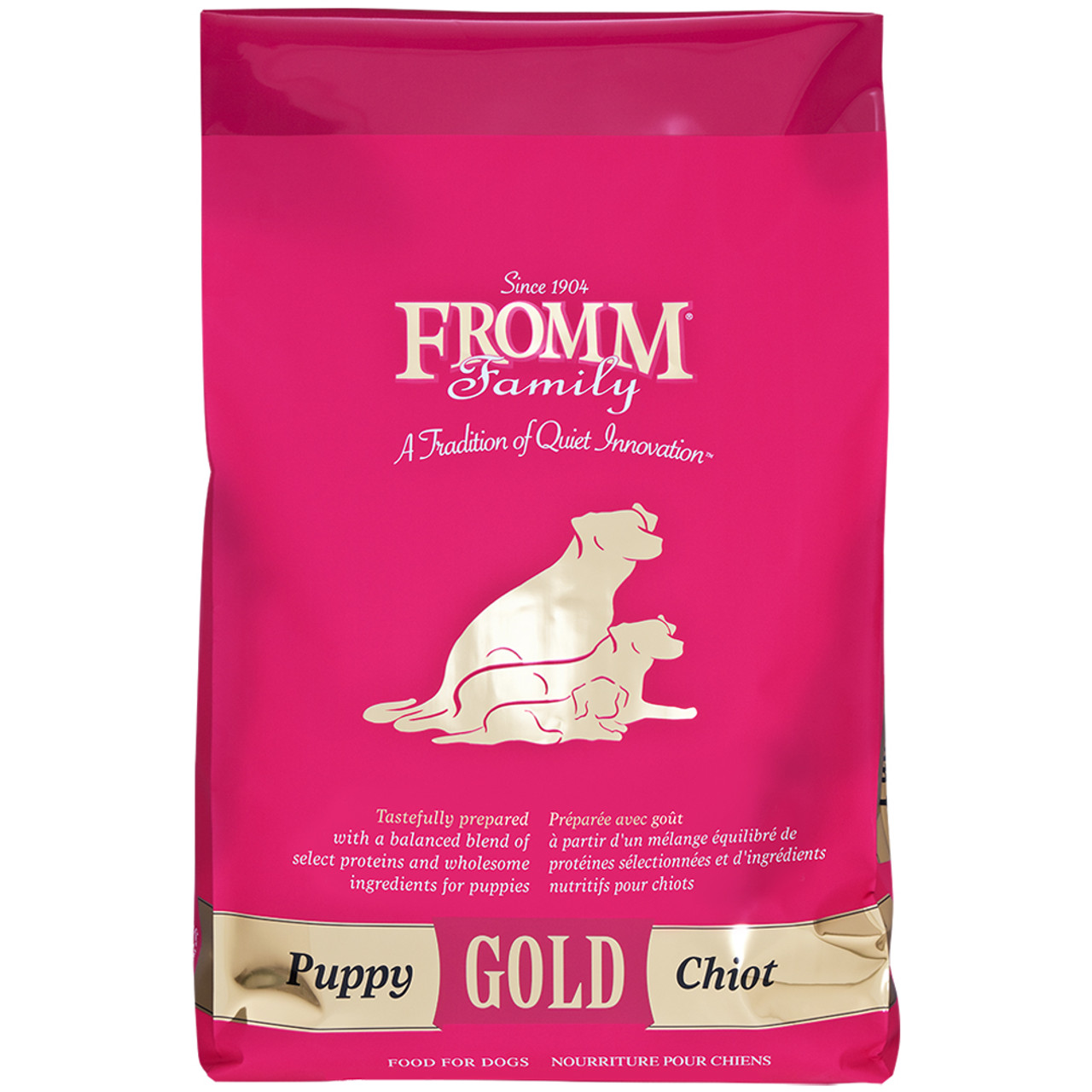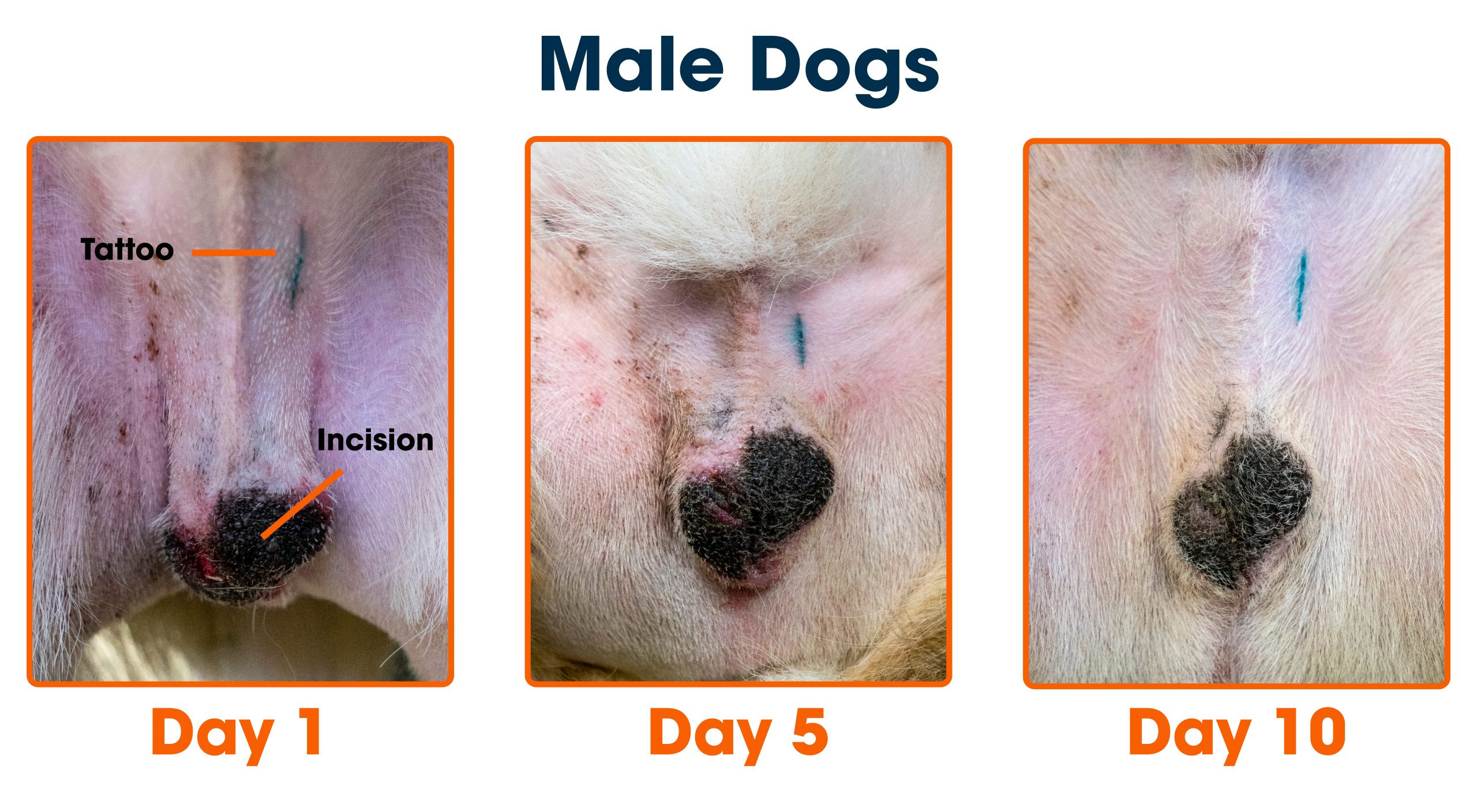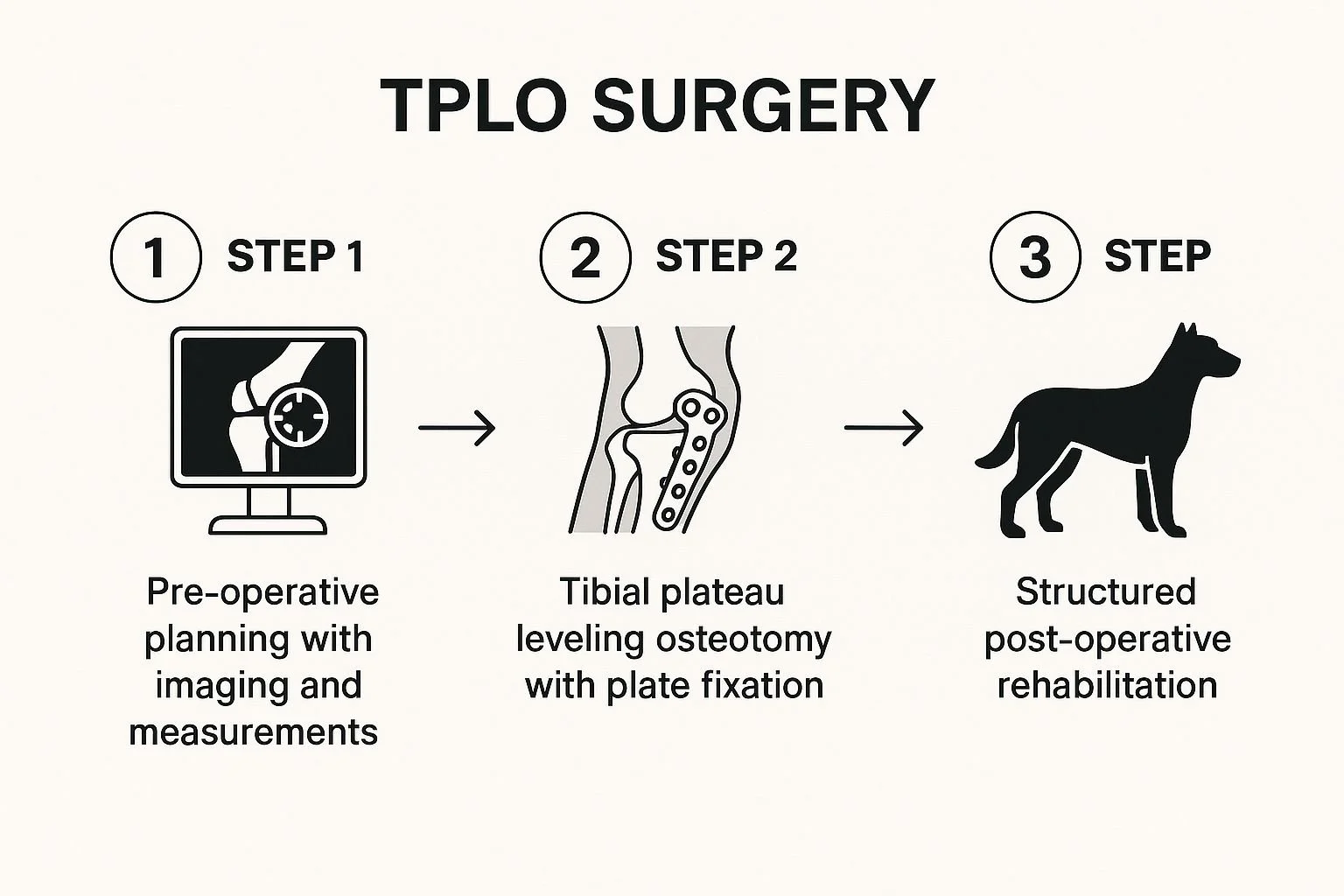Have you ever noticed your dog scooting on the floor or licking its rear more than usual? These signs might mean your dog’s anal glands need attention.
But how do vets express dogs’ glands safely and effectively? Understanding this process can help you keep your furry friend comfortable and healthy. You’ll discover exactly what happens during gland expression, why it’s important, and what you can expect when your vet performs this simple yet crucial procedure.
Keep reading to learn how to spot the signs and ensure your dog’s well-being.

Credit: www.facebook.com
Importance Of Expressing Dog’s Glands
Expressing your dog’s glands is not just a grooming task—it’s essential for their health and comfort. When these glands are full or blocked, dogs can experience discomfort, infections, and even behavioral changes. Understanding why and when to express these glands helps you keep your furry friend happy and healthy.
What Are Dog Glands And Why Do They Matter?
Dogs have two small scent glands located near their anus called anal glands. These glands release a strong-smelling fluid that dogs use to mark territory and communicate. Sometimes, these glands don’t empty naturally and can become full or impacted, causing pain or infection.
Does your dog scoot on the floor or lick their rear excessively? These are common signs that their glands may be full or irritated. Other signs include a foul smell, swelling near the tail, or difficulty sitting comfortably.
Benefits Of Regular Gland Expression
- Prevents infections:Emptying glands reduces the risk of painful abscesses and inflammation.
- Improves comfort:Dogs feel relief and behave more normally without gland discomfort.
- Reduces odor:Expressing glands helps control the unpleasant smell that can develop.
- Supports overall hygiene:Regular care keeps your dog cleaner and healthier.
How Expressing Glands Strengthens Your Bond With Your Dog
Taking care of your dog’s glands shows you pay attention to their needs. When done gently and correctly, it builds trust and deepens your connection. Have you noticed how your dog relaxes after you’ve relieved their discomfort?

Credit: vetnique.com
Signs Your Dog Needs Gland Expression
Knowing when your dog needs their glands expressed can save them discomfort and prevent infections. Dogs have anal glands that sometimes get blocked or full, causing pain and behavioral changes. Recognizing the signs early helps you get timely vet care and keeps your furry friend happy.
Changes In Your Dog’s Bathroom Habits
If your dog suddenly starts scooting their bottom on the floor, it’s a clear signal something is wrong. They might also strain or have difficulty during bowel movements. These behaviors often mean the anal glands are full or irritated.
Unusual Smells And Discharge
Have you noticed a strong, fishy odor around your dog’s rear? This smell comes from the anal glands when they’re full or infected. Sometimes, you may even see a yellow or brown discharge, which definitely needs a vet’s attention.
Restlessness And Excessive Licking
Your dog might seem restless or uncomfortable and lick their rear area more than usual. This licking is their way of trying to relieve the irritation or pressure. If you see this behavior, it’s time to check with your vet.
Swelling Or Redness Near The Anus
Swelling or redness around your dog’s anus is a sign of gland problems. It can indicate inflammation or infection, which often requires professional gland expression. Ignoring this can lead to painful abscesses.
Behavioral Changes And Signs Of Discomfort
Your dog may act unusually irritable, shy away from sitting, or show signs of pain when touched near the tail. These subtle changes often mean they’re uncomfortable due to full anal glands. Paying attention to these signals can help you intervene early.
Professional Techniques For Gland Expression
Expressing a dog’s anal glands is a delicate task that requires precision and care. Vets use specific professional techniques to ensure the process is effective and comfortable for the dog. Understanding these methods can help you recognize when your pet needs help and why it’s best left to trained hands.
Manual Expression Technique
This technique involves gently squeezing the glands from the outside. The vet places a gloved finger near the anus, applying steady pressure to release the fluid naturally. It’s a quick method that avoids discomfort when done correctly.
Vets often prefer this for dogs who tolerate handling well. Have you noticed how your dog reacts when their rear is touched? That sensitivity guides the vet’s approach.
External Expression Method
Here, the vet uses the thumb and forefinger to press the glands externally against the rectal wall. This method is less invasive and often used for smaller dogs or those with mild blockages. It requires skill to avoid causing pain or injury.
This approach can be done during routine exams. If your dog shows signs of scooting or licking the area excessively, this technique might be the first step your vet tries.
Internal Expression Approach
This is the most thorough technique, involving insertion of a lubricated, gloved finger into the dog’s rectum to directly massage the glands. It allows the vet to fully empty the glands, especially if they are impacted. This method demands experience to perform safely and gently.
It can be uncomfortable for the dog, but it often provides lasting relief. Have you ever wondered why some dogs need this procedure regularly? It’s usually due to gland anatomy or chronic issues that only a vet can manage properly.
Tools Used By Veterinarians
Veterinarians rely on specific tools to express a dog’s anal glands safely and effectively. These tools ensure the process is hygienic, minimizes discomfort for the dog, and reduces the risk of infection. Knowing what tools are used can help you understand the care involved and why professional help is often the best choice.
Gloves And Lubricants
Gloves are essential for any vet performing anal gland expression. They protect both the veterinarian and the dog from bacteria and other contaminants. Typically, vets use disposable, medical-grade gloves to maintain cleanliness throughout the procedure.
Lubricants make the process smoother and less painful for your dog. A water-based, sterile lubricant is applied to the fingers before insertion. This reduces friction and helps the vet gently reach the glands without causing irritation.
Cleaning Supplies
After the glands are expressed, thorough cleaning is crucial. Vets use antiseptic wipes or solutions to clean the area and prevent any potential infection. Keeping the area clean also helps your dog stay comfortable and reduces the chance of inflammation.
Disposable towels or gauze pads are commonly used to catch any discharge during the procedure. This prevents mess and allows for easy disposal, maintaining a sanitary environment. Have you ever wondered how much hygiene matters in such a delicate task? It really changes how you view the process.
Safety Measures And Precautions
Expressing a dog’s anal glands requires careful attention to safety. The process can be uncomfortable or even painful for your pet if not done correctly. Taking the right precautions helps protect your dog’s health and keeps the experience as stress-free as possible.
Ensuring Dog Comfort
Start by calming your dog before the procedure. Speak softly and offer gentle petting to reduce anxiety.
Use a comfortable surface where your dog can stay steady without slipping. A non-slip mat or towel works well.
Wear disposable gloves to keep things hygienic and to prevent any transfer of bacteria. Your touch should be firm but gentle to avoid causing pain.
Have treats ready to reward your dog immediately afterward. This helps create a positive association and makes future sessions easier.
Avoiding Infections
Clean the area around the glands with a mild antiseptic wipe before starting. This reduces the risk of bacteria entering the glands during expression.
Always use fresh, clean gloves for each session. Reusing gloves can introduce germs and cause infections.
Dispose of any fluid or debris properly and wash your hands thoroughly afterward. If you notice redness, swelling, or foul odor after expressing, consult your vet promptly.
Have you ever wondered how small steps like these can prevent bigger health issues for your dog? Paying attention to hygiene might be the key to avoiding painful infections later.
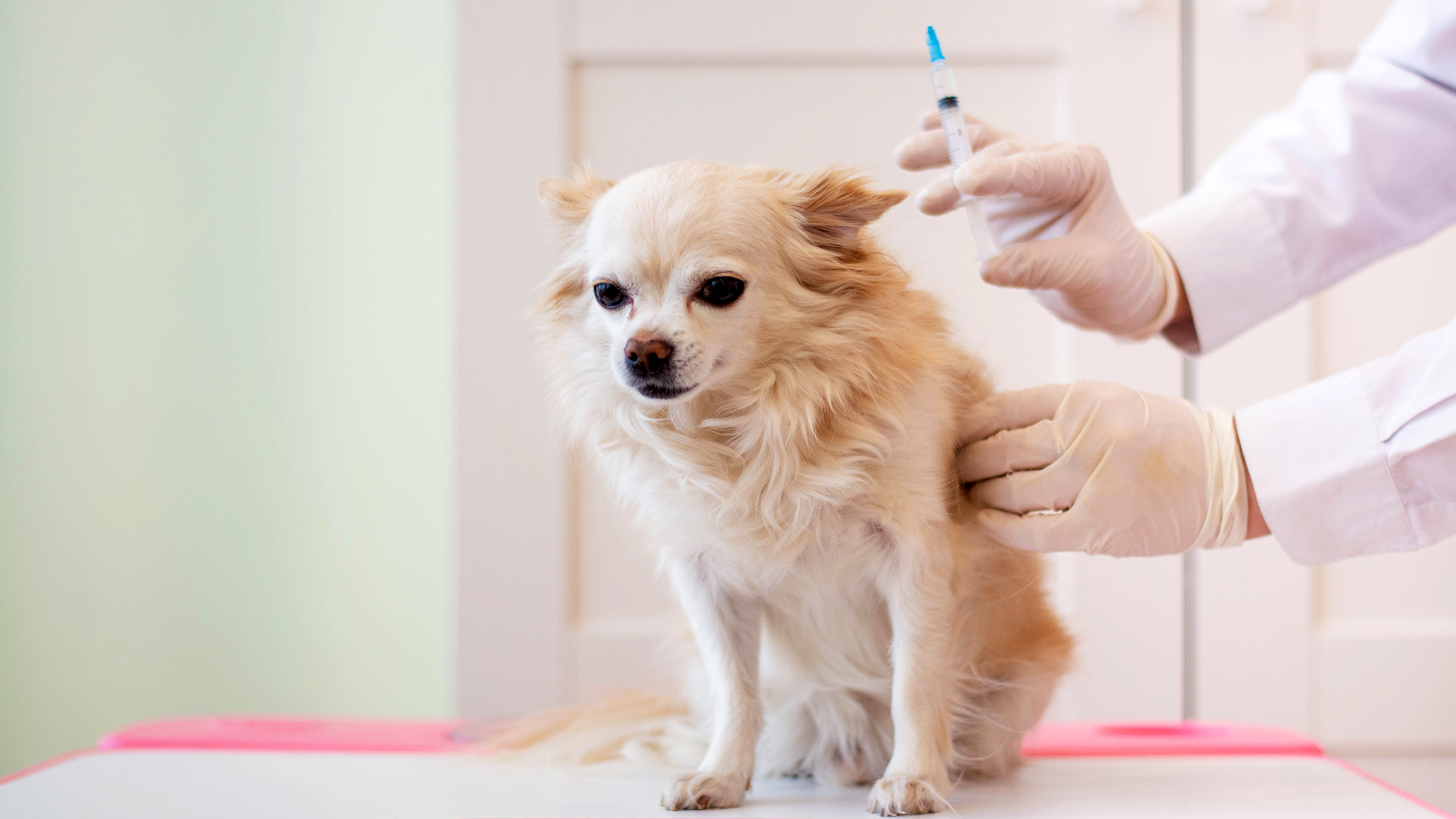
Credit: www.goodrx.com
Aftercare And Monitoring
After vets express a dog’s glands, proper aftercare and monitoring are vital. This care helps prevent infections and ensures the dog heals well. Owners should watch the dog closely for any changes and keep the area clean. Following the vet’s advice makes a big difference in recovery.
Signs Of Complications
Watch for redness or swelling near the glands. Any foul smell or discharge can signal infection. If the dog licks or bites the area often, it may feel pain or irritation. Other signs include fever, lethargy, or loss of appetite. Contact the vet if any of these signs appear quickly.
Routine Check-ups
Schedule follow-up visits to ensure the glands heal properly. The vet will check for any lingering issues or infections. These visits help catch problems early before they worsen. Keep a record of these appointments for reference. Routine checks keep dogs healthy after gland expression.
Benefits Of Professional Gland Expression
Professional gland expression offers many benefits for dogs’ health. It ensures safe and effective removal of built-up fluids. This process prevents discomfort and infections that may occur from neglected glands.
Veterinarians have the skills to perform this procedure gently. They avoid causing pain or injury to the dog. Regular professional expression helps maintain the dog’s hygiene and overall well-being.
Accurate Diagnosis And Treatment
Veterinarians can spot infections or other gland problems early. They assess the glands carefully during expression. This allows for quick treatment, avoiding serious health issues later.
Safe And Pain-free Procedure
Veterinarians know the correct pressure and technique to use. This reduces stress and discomfort for the dog. They handle anxious or sensitive dogs with care and patience.
Prevention Of Complications
Regular professional gland expression prevents blockages and abscesses. It lowers the risk of painful swelling or ruptures. This keeps dogs healthier and more comfortable over time.
Proper Hygiene And Odor Control
Expressing glands helps control bad smells from the dog. It removes fluid that can cause strong odors. Clean glands contribute to a fresher and cleaner pet environment.
When To Consult A Veterinarian
Knowing when to consult a veterinarian about your dog’s anal glands is important. These glands can cause discomfort or infections if not treated properly. Some signs show that your dog needs professional help.
Ignoring these signs can lead to more pain or serious health issues. A vet can safely express the glands and check for infections or other problems. Paying attention to your dog’s behavior helps catch problems early.
Signs Of Discomfort Or Pain
Dogs may scoot on the floor or lick their rear excessively. They might show signs of irritation or swelling near the anus. These signs often mean the glands need attention.
Frequent Scooting Or Licking
Regular scooting can indicate full or impacted glands. Licking the area often shows discomfort or infection. Persistent behavior needs a vet’s evaluation.
Bad Odor From The Anal Area
A strong, foul smell can come from full glands. This odor is a clear signal that glands need to be expressed. Vets can help remove the buildup safely.
Signs Of Infection
Redness, swelling, or discharge may show infection. Your dog might also have a fever or act lethargic. These symptoms require immediate veterinary care.
Repeated Problems With Gland Expression
Some dogs have chronic gland issues. Regular vet visits can prevent complications. A vet can provide advice or treatment options for ongoing problems.
Frequently Asked Questions
How Do Vets Express Dog Anal Glands Safely?
Vets gently apply pressure near the dog’s anus to release fluid. They use gloves and proper technique to avoid injury and discomfort. This method helps prevent infections and discomfort for the dog.
Why Do Dogs Need Their Glands Expressed?
Dogs express glands to release built-up fluid that can cause irritation or infection. Regular expression prevents discomfort, swelling, and potential abscesses. It’s especially necessary for dogs prone to gland issues.
How Often Should Dog Glands Be Expressed By Vets?
Frequency depends on the dog’s health and breed. Some dogs need expression every few weeks, while others rarely require it. A vet will recommend the best schedule based on your dog’s needs.
Can Dogs Express Their Glands Naturally?
Yes, dogs often release gland fluid during defecation or excitement. However, some dogs have blockages or issues requiring manual expression by a vet. Regular checks ensure gland health.
Conclusion
Expressing a dog’s glands keeps them healthy and comfortable. Vets use careful, gentle methods to do this safely. Regular checks can prevent infections and bad smells. Knowing the signs of gland issues helps you act quickly. Always trust a professional for this task.
Taking care of your dog’s glands supports their overall well-being. It shows love and attention to your pet’s needs. Simple care can make a big difference in your dog’s life.

